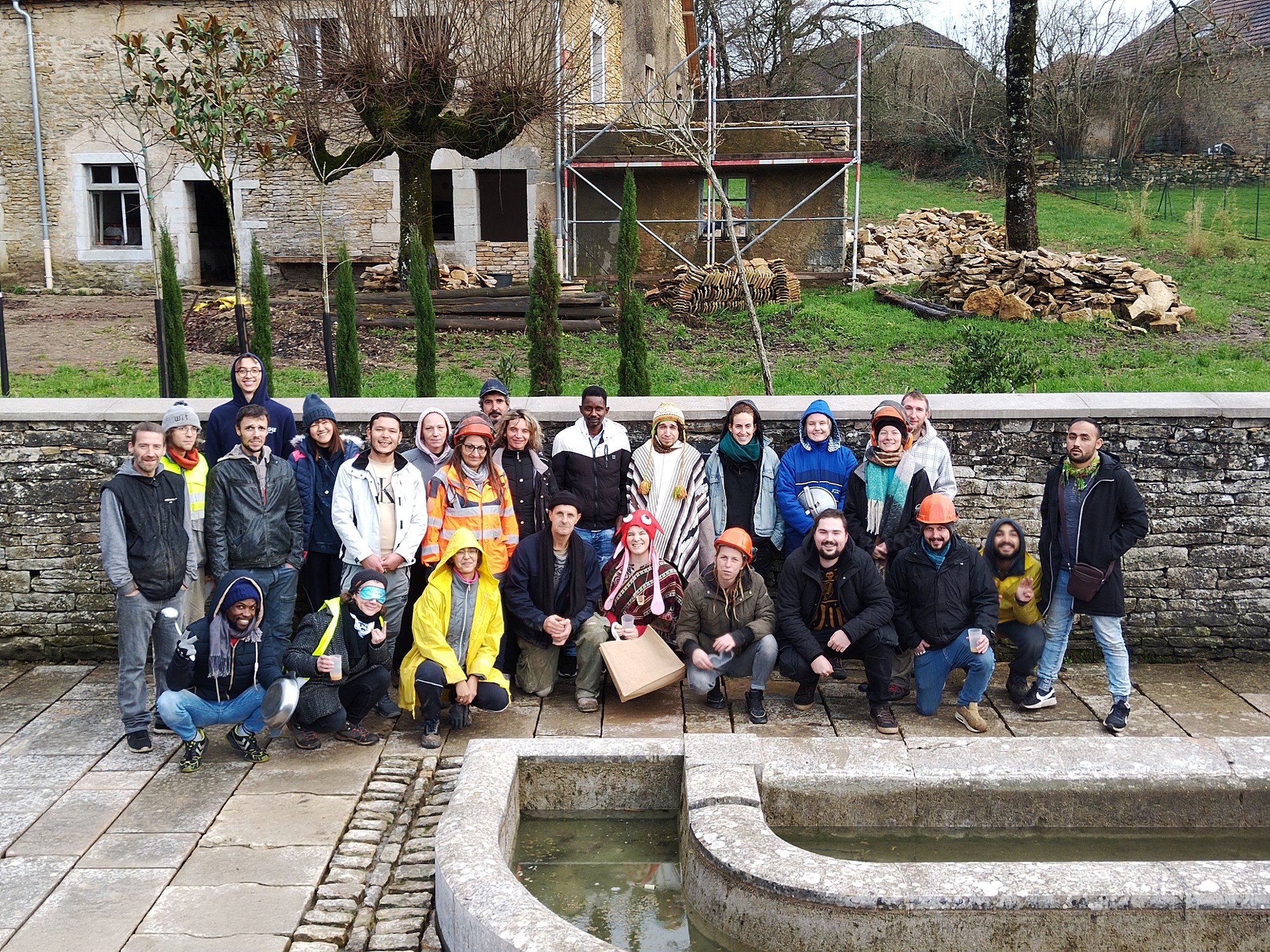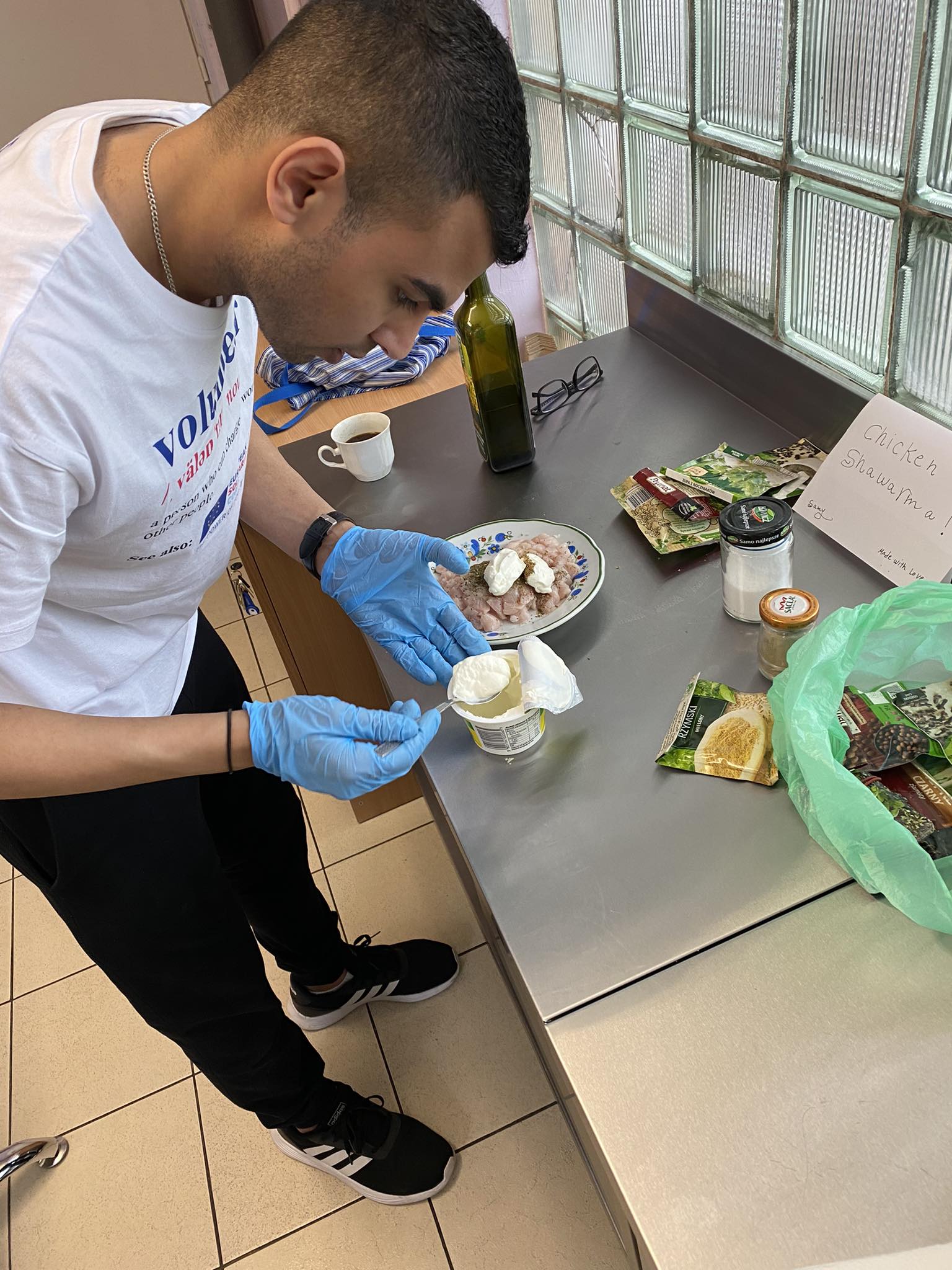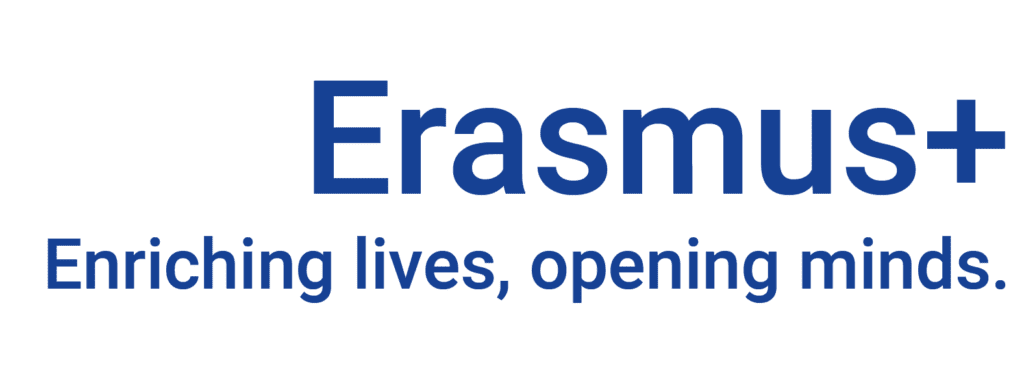Published by:
SALTO Eastern Europe and Caucasus
Hauke from Germany, Šymon from Belarus living in Poland and Maria Pia with Charlie from the Young European Ambassadors initiative of the EU Neighbours East had joined a seminar on Belarusian Youth Work in Poland (12-15 May 2025).
Learn why and what have they found out!





Why have you joined the seminar?
We are a small organisation Vereinigung für Vernetzung und Partizipation e. V based in Berlin. We have some cooperation with Polish partners and once organised a youth exchange with young Belarusian from Vilnius. We are looking for partners for small and easy projects and this seminar looked perfectly for it – says Hauke.
For Charlie, a student from UK in Estonia and a vice-coordinator of the EU-Belarus dialogue initiative in frames of Young European Ambassadors, the seminar was important to learn more about the current situation in Belarus, understand personal stories of participants and see what can be done to support the Belarusian youth work.
Maria Pia of the same initative as Charlie, says the seminar was an unique opportunity to connect with people that work with youngsters in and from Belarus. We know it is not easy and there are many challenges regarding safety. So it’s not like we can look up on the Internet for project partners or informal groups of young people. This seminar was a very important occasion to meet people of Belarus face to face, understand their needs and understand what we can do together – Maria shares.


Šymon is originally from Belarus and now involved in Sempre a Frente organisation from Lublin, Poland. When I was living in Belarus. I had nothing in common with youth work. That’s something I’ve learnt here in Poland. I have discovered all this world of European youth work and started to develop my competencies in that area. Now I organise international, educational projects and when I saw the call for this seminar on the topic very relevant to me, I wanted to join so much! It was really a personal issue to find out how Belarusian youth work can operate in these difficult times for the country.
Why Belarusian youth work is important to you?


Šymon already highlighted the key important elements for him. Anyway, he passionately wants to add: I believe in education. I believe in. power of education. I also believe that non-formal education, that youth work is based on, is one of the most efficient ways to educate people, especially youth. If we make those opportunities available for young Belarusians, it’s going to plant this little seed of what we call here European values, the desire for democracy, for development and human rights. And if we have an opportunity to plant these seeds all over Belarus, those seeds may grow one day into society, which is responsible and shares the common values with the rest of Europe.
For Hauke, the Belarusian youth work is interesting as he got concerned by the protests back in 2020, after the fake presidential elections. I was impressed how brave Belarusians are, how strong they are, how they really fight for democracy. We can learn a lot from those Belarusian people, I think. At the same time it was fascinating for me to come to Hanjówka, see the Białowieża forest and see European bison, especially that my original hometown in Germany is a twin-city of Hajnówka – says Hauke.
Due to the political situation in Belarus, we had to stop our initiative there, but we still support Belarusians through our European network. We are focused a lot on information and will be glad to share about Belarusian youth work situation and our experiences, obviously respecting safety of the Belarusian participants as much as possible – Maria shares. Charlie underlines, that the European Union is willing to support Belarusian civil society, and it is important to have direct connections with representatives of the Belarusian society. This allows for better support of Belarusian youth and the EU Neighbours East will do their best.
What can we do to support Belarusian youth work?
The first thing we can do is of course understand the listen because unfortunately it’s not very well known now in the EU what’s going on in Belarus. The regime is closed and the media are not covering the situation a lot. So the first big thing we can do is to talk with our peers, with our friends and make them understand that Belarus is not part of Russia. That Belarusian people are living all over the EU and they’re fighting for a democratic country. And this is the fight we support. We believe in democracy. We believe in the common future of Europe, where everyone is free, to live in their country, to do whatever they want, to participate in youth projects and have multicultural exchanges. And this is not very possible at the moment. But we are trying to create spaces for young people from Belarus to have such experiences – Maria and Charlie speaks in passion over one another.
After the seminar we see we need to consider diversifying some of the topics that we talk about in regards to Belarus, because previously a lot of it has been about human rights, democracy and support for the civil society abroad. We are also thinking a lot more about educational opportunities for Belarusians living abroad, but also other relevant topics such as climate change or work with people with disabilities – there is so much in common! – both representatives of the Young European Ambassadors initiative highlight in their reflection.


How was the 3 days of the seminar to you?
It was great! I have met Poles and Belarusians, made contacts, have a draft idea for a small project and… I saw the bison! It was also very important to me to meet the key persons, the gatekeepers, who will let me further develop contacts and connections. So I really found what I was looking for – says Hauke.
If Šymon could describe the whole seminar in one word, it would be inspiring. There had been people from Belarus and those Belarusians residing around in Europe and they still have the desire to do youth work and to offer learning opportunities to Belarusians. It is also really impressive that there are people from other European countries, who has nothing in common with Belarus, but they have the desire to support and to cooperate with Belarusian communities. I really admire them. But I most admire those who stay in Belarus, keep on informal youth work inside the country, knowing the risks and threats. I would say all of this is truly an inspiration for next activities that I would most gladly implement and cooperate on – shares Šymon.
| Check out the articles of participants: Hauke Thoroe in “Where are the bison, please?” is sharing about his experiences during the seminar and before – visits to important, historic places in Warsaw, lots of findings and personal surprises. Maria Pia Napoletano and Charlie Allen in “Songs, Stories, Solidarity” are underlining the importance of the seminar’s focus, their learning and special moments in the process. |















